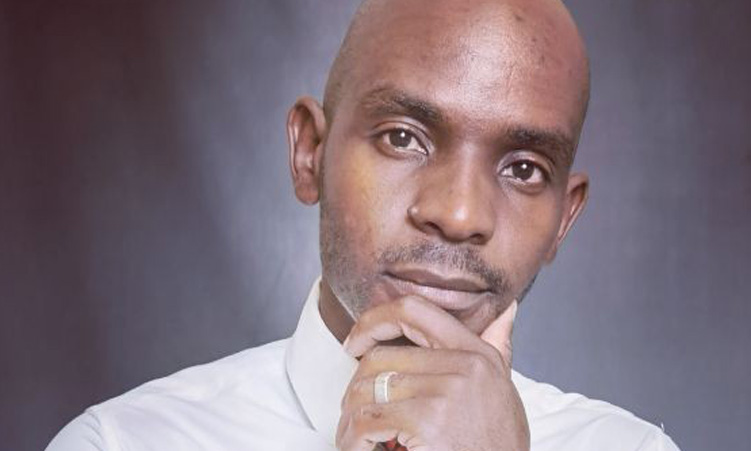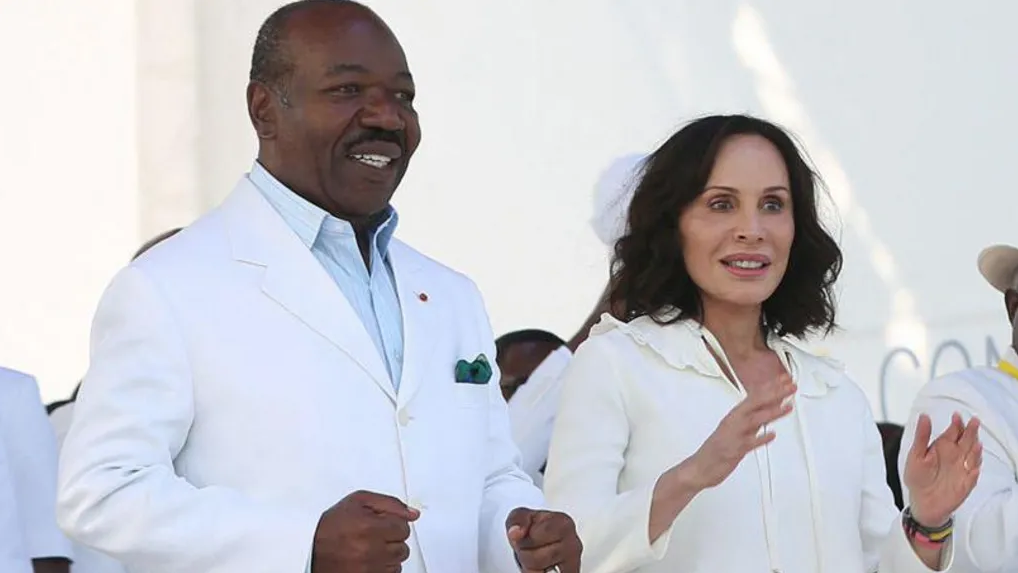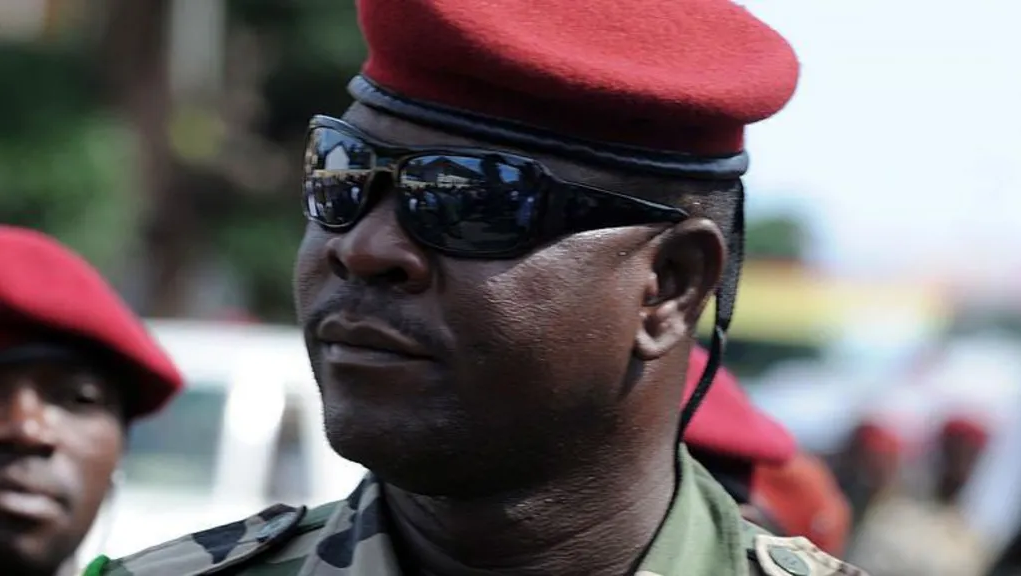None of the eight government-owned gender-based violence (GBV) shelters across the country are operational.
This is due to a lack of staff members for these shelters.
“The ministry has a total of eight shelters but their operational status has been hampered by a shortage of staff,” Ministry of Gender Equality, Poverty Eradication and Child Welfare spokesperson Lukas Haufiku said on Friday.
This is because at least 32% of Namibian women have experienced physical violence from an intimate partner at some point in their lives, while Namibia recorded close to 700 rape cases with a disproportionate impact on women and girls during 2022.
One in three Namibian women has been abused by a partner, the ministry has said since 2019, after the construction and renovation of five shelters.
Haufiku said dedicated initiatives are currently in progress to address staffing and reinstating the shelters to full operation.
“It’s important to highlight that there are two additional shelters that are privately owned that are receiving government subsidies, which bolsters the ongoing efforts to provide crucial support and care to those in need,” he said.
In 2019, the Namibia Press Agency reported that the ministry had dormant shelters due to human resource issues.
The ministry’s then deputy director Joyce Nakuta said the five shelters were located at Keetmanshoop in the //Kharas region, Khorixas and Opuwo in the Kunene region, Eenhana in the Ohangwena region and Outapi in the Omusati region.
In 2014, The Namibian reported that the government does not have any safe houses in the country.
A director in the gender equality ministry at the time confirmed this, saying setting up shelters for survivors of abuse is a long-term project.
Meanwhile, the ministry’s audit reports paint a different picture about the shelters.
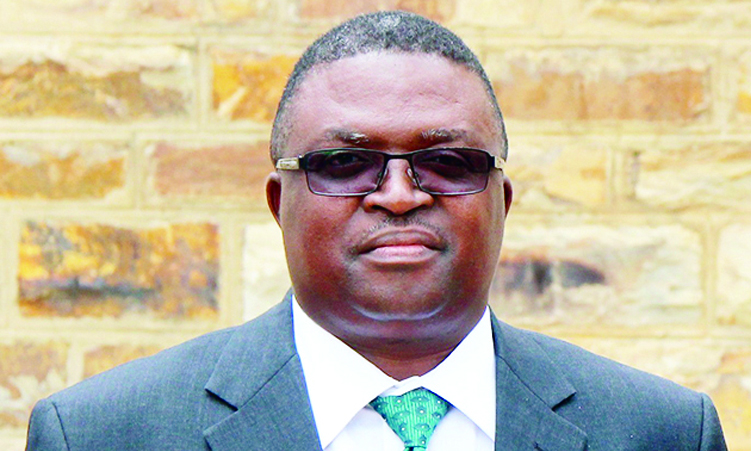
Auditor general Junias Kandjeke, in his latest report of the ministry’s financial books, said the ministry returned N$326 741.26 meant for the construction and renovation of homes of safety and shelters because the regional councils did not finalise the bill of quantities.
“[This was] for the identified work to be done at GBV shelters at Opuwo, Eenhana and Rundu. As a result, the funds budgeted for this project could not be spent,” Kandjeke noted in his report.
Similarly, in the previous year’s audit report, Kandjeke highlighted the same matter.
“The construction and renovation for the following projects namely; Omaruru Community Centre, Keetmanshoop Community Empowerment Centre, regional and constituency offices, homes of safety and shelters, Namibia Children’s Home, After School Centre, Nkurenkuru Community Empowerment Centre and the renovation and upgrading of Farm Kaukurus, could not be completed as some of the bids could not be awarded due to technical and administrative challenges during the procurement process, thus resulting in the delay in the implementation of these projects,” noted the report.
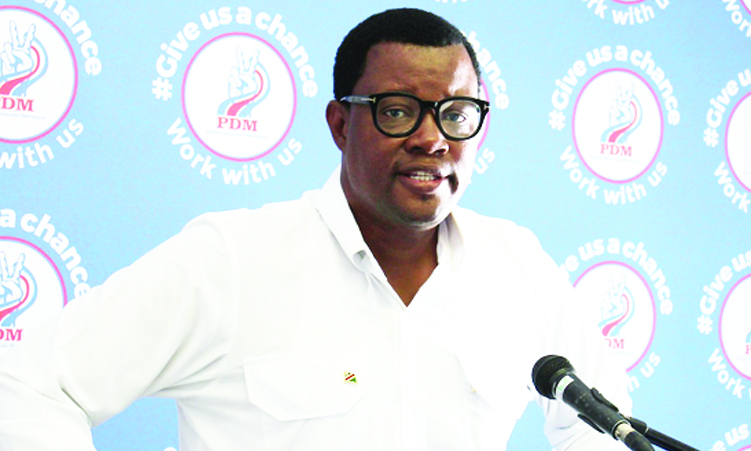
Official opposition leader McHenry Venaani labelled this a shame.
“Why create a ministry of gender that cannot deal with GBV, that’s a shame. That’s the paralysis of administrative thinking, the paralysis of political thinking,” he told The Namibian yesterday.
He questioned what the ministry is doing if they cannot address one of their core functions.
“You create a ministry for gender and what is enduring is GBV and you don’t create mitigating factors by creating capacity. It is the worst kind of answer,” Venaani said.
Director of the Slut Shame Movement in Namibia, activist Sozi Mwazi bemoaned the ministry’s lack of shelters.
“It is a big insult to not have these shelters operating. The government wants more people to report and seek justice, yet there are zero safety measures in place for when one does want to report,” Mwazi said.
She said there have been enough reports about people leaving their partners or attempting a restraining order just to be killed by their partner shortly thereafter.
“We need these safe houses more than ever to encourage victims and survivors to seek help and know they will be safe. One of the biggest problems in Namibia is the level of unsafety and lack of support GBV victims and survivors experience daily. The government should play their part and do better,” she said.
Mwazi argued that one of the reasons GBV victims and survivors struggle to leave abusive relationships is fear for their lives.
“Operational safe houses help by giving victims and survivors a place of safety that the perpetrator is unaware of and cannot threaten and intimidate them further,” she said.
Stay informed with The Namibian – your source for credible journalism. Get in-depth reporting and opinions for
only N$85 a month. Invest in journalism, invest in democracy –
Subscribe Now!


